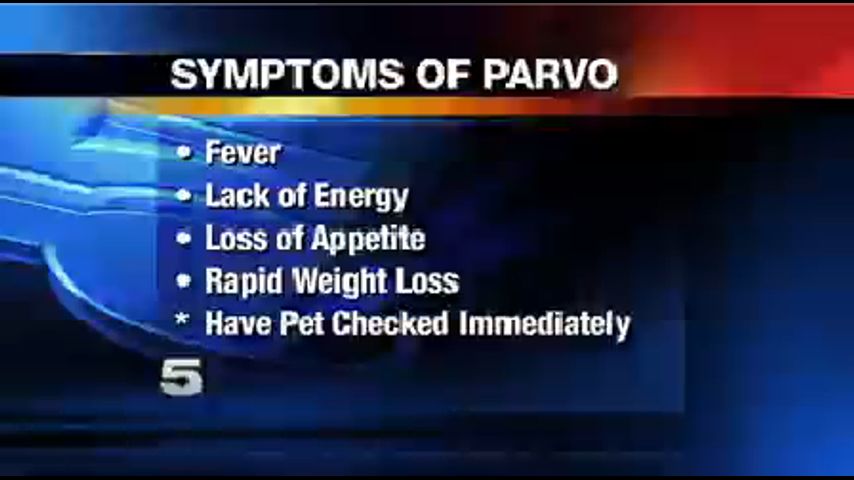RGV Parvo Virus Cases on the Rise
MISSION - Local veterinarians are on high alert after noticing a spike in cases of a deadly dog virus in the Rio Grande Valley.
Elizabeth Escobedo said her dog, Beauty, contracted Parvo. The canine infection is highly contagious and can be found almost anywhere.
“Just hearing the word Parvo is kind of like you take a step back and it’s very scary, it’s very serious. I know it’s nothing to be taken lightly,” she said.
Escobedo said she feared the worse after her pet’s diagnosis.
“She didn’t look like she was going to make it. But, as a pet owner you don’t want to say your pet is going to die. You don’t want to give up,” she said.
Experts warned people should take action quickly if they feel their dog may have the virus; otherwise it may be fatal.
Local veterinarian Dr. David Heflin said he’s seeing around two or three dogs being infected with the virus every day. He said the Parvo virus mostly targets puppies and attacks their intestines.
“They have this raw bleeding intestinal track. It causes diarrhea with blood and there’s no absorption taking place. It makes them super nauseated. The dogs can’t eat. They can’t drink,” he explained.
The veterinarian also said it attacks their white blood cells.
“They don’t have any immune system to fight the virus and the bacteria that come in on top of the virus,” he said. “The virus is very tenacious and can live in the ground for several years… (It) can be found anywhere from parks to even right outside your front door.”
Dr. Heflin recommended owners take their pets to a hospital as soon as they notice something wrong.
“It’s an intensive care for five days. Typically, it’s kind of weird because they will be so sick one day, then they just pop out of it and be back to being a puppy again,” he said. “It usually takes five days of intensive treatment.”
The veterinarian said the best way to make sure a pet is protected from the deadly virus is to have them vaccinated.
“The main thing to remember is six weeks of age for Parvo… A lot of people confuse it with six months and that’s way too late,” he said.
Dr. Heflin said they aren’t sure why he’s seeing an increase in cases. He said it’s best to make sure pet owners are educated on what to do if their pet becomes ill.
Symptoms of Parvo to look out for in pets include fever, lack of energy, loss of appetite, rapid weight loss and vomiting.
Dr. Heflin said pets should be checked immediately after they show symptoms. He said it means the virus is already doing damage to an animal.




